- A-
- A+

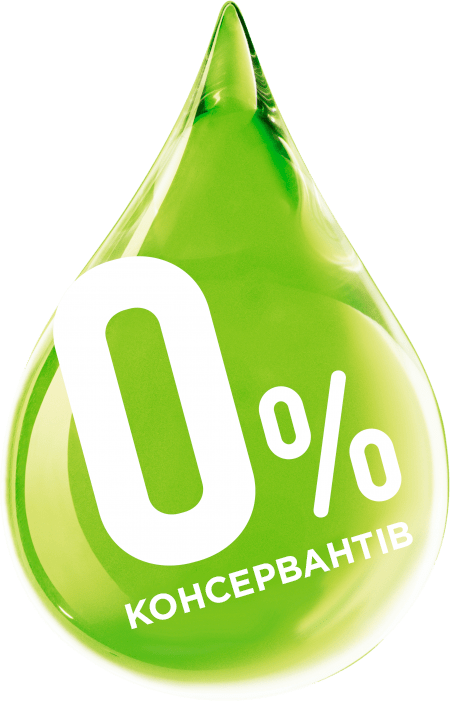
In the 1950’s, the introduction of the use of preservatives in ophthalmic products to prevent contamination after opening, constituted a considerable advance. Forty years later, numerous publications showed the detrimental effects of preservatives on the cornea, the conjunctiva and the tear film, causing irritation, inflammation and dry eye,…
In order to get round this problem, single dose units were put on the market. However, this packaging form is expensive and not at all ecological; it is also difficult to use for older patients.
In the 1990”s, after ten years of research, Théa invented the first multi-dose bottle capable of dispensing preservative-free eye drops, the ABAK®, so initiating a whole series of preservative-free packaging forms such as Steri-free® and Easy Grip® technology.
Thanks to Théa, ophthalmology has entered into the preservative-free era, allowing patients to benefit from a whole range of eye care treatments which respect their visual potential.


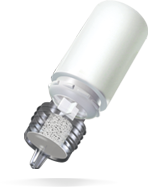
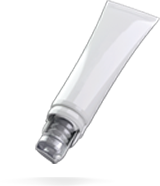
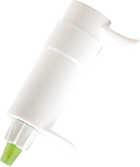
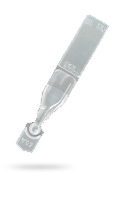 Despite their high cost and their difficult handling,
Despite their high cost and their difficult handling, 